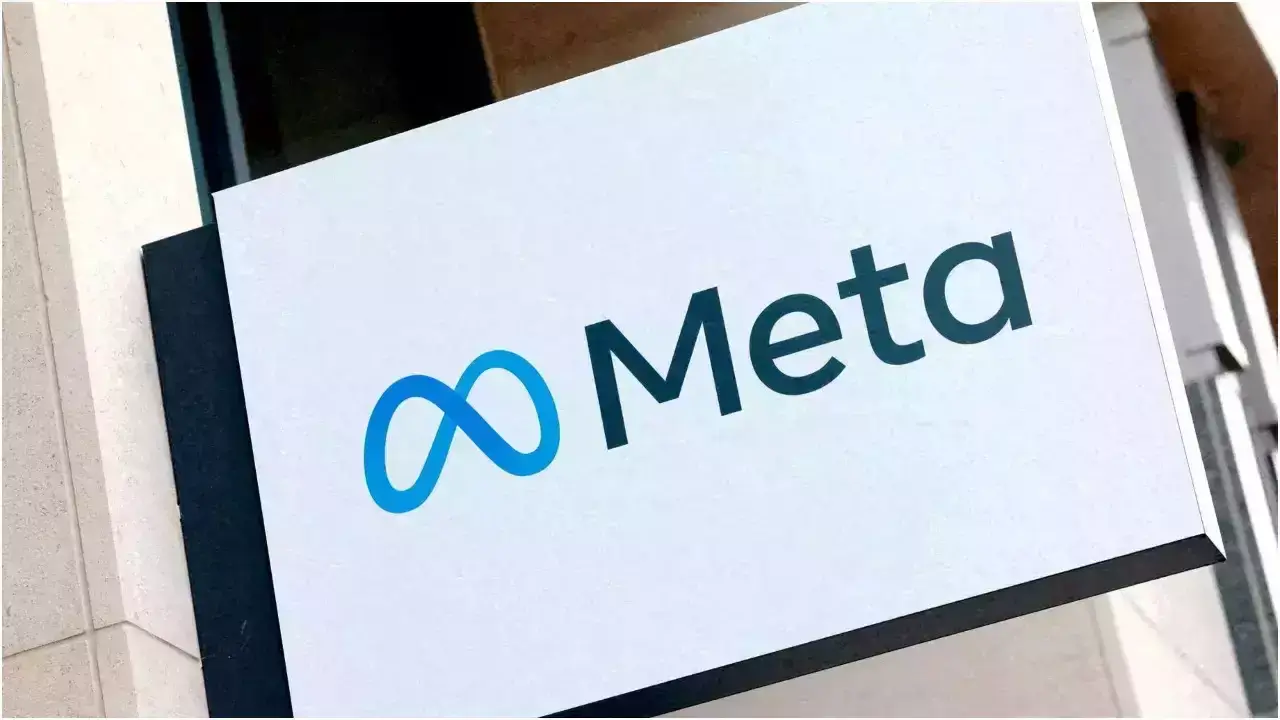Meta, the social media giant formerly known as Facebook, is facing mounting pressure to protect young users from harmful content online. In response, the company has announced stricter content moderation policies specifically targeted at teenagers. This move has sparked a debate, with some applauding the increased safeguards, while others raise concerns about potential censorship and stifling free expression.
The Rationale Behind the Crackdown
Growing evidence highlights the negative impact of harmful online content on teenagers’ mental health and well-being. Cyberbullying, exposure to graphic violence, and unrealistic body image pressures are just a few of the concerns prompting calls for stricter regulations.
Meta acknowledges these concerns and aims to create a safer online environment for its younger users. The new policies include:
- Limiting targeted advertising: Teenagers will see fewer ads based on their personal data, reducing exposure to potentially inappropriate content.
- Stricter age verification: Meta will implement stricter measures to ensure users are above the age of 13, preventing younger children from accessing potentially harmful content.
- Enhanced content moderation: The company will increase its efforts to detect and remove harmful content aimed at teens, including cyberbullying, hate speech, and graphic violence.
Potential Pitfalls and Concerns
While the intentions behind Meta’s crackdown are positive, some critics raise concerns about potential downsides:
- Overzealous moderation: The tighter restrictions might lead to the removal of legitimate content, stifling free expression and open dialogue.
- Privacy implications: Increased age verification and content monitoring could raise privacy concerns for young users.
- Unequal enforcement: Critics argue that content moderation algorithms often exhibit bias, potentially unfairly targeting certain groups or viewpoints.
Finding the Right Balance
Striking the right balance between protecting young users and upholding freedom of expression is a complex challenge. Meta’s recent move is a step in the right direction, but ongoing collaboration with stakeholders, including policymakers, educators, and mental health professionals, is crucial to ensure effective and responsible content moderation practices.
The conversation surrounding online safety for teens is far from over. Meta’s new policies will surely be subject to close scrutiny and ongoing debate as we navigate the complex landscape of protecting young minds in the digital age.





